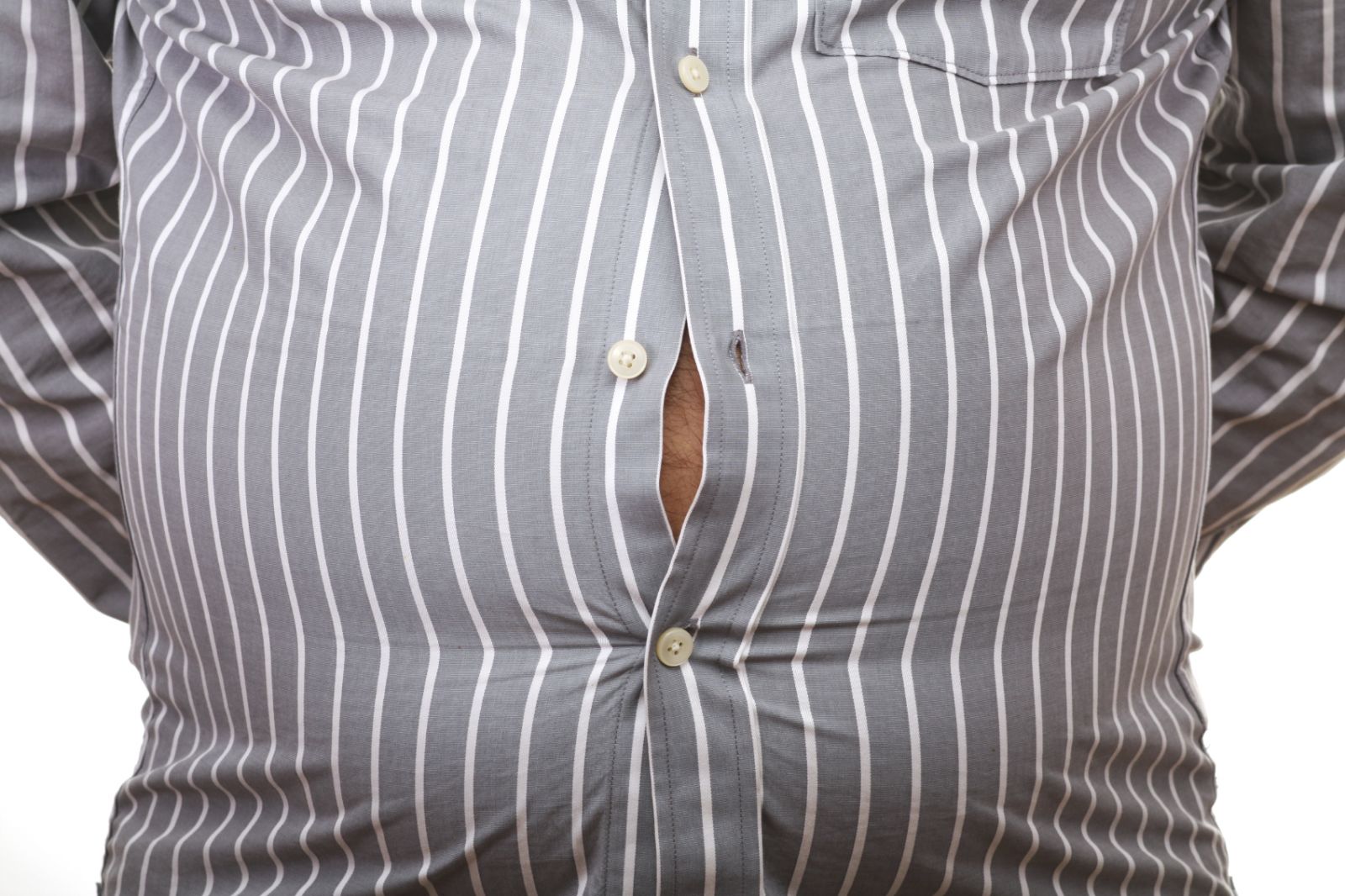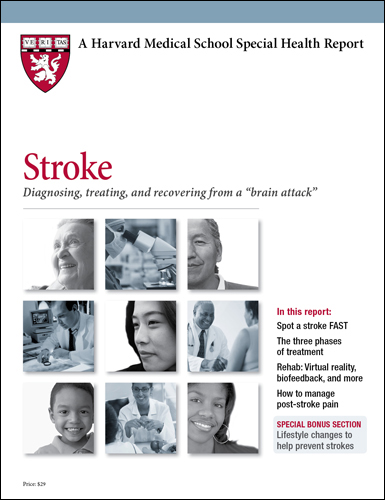Controlling your weight is key to lowering stroke risk
 Image: iStock |
There is a lot you can do to lower your
chances of having a stroke. Even if you've already had a stroke or TIA
("mini-stroke"), you can take steps to prevent another.
Controlling your weight is an important way to
lower stroke risk. Excess pounds strain the entire circulatory system
and can lead to other health conditions, including high blood pressure,
diabetes, high cholesterol, and obstructive sleep apnea. But losing as
little as 5% to 10% of your starting weight can lower your blood
pressure and other stroke risk factors.
Of course, you'll need to keep the weight off
for good, not just while you're on a diet. The tips below can help you
shed pounds and keep them off:
Move more. Exercise is one
obvious way to burn off calories. But another approach is to increase
your everyday activity wherever you can — walking, fidgeting, pacing
while on the phone, taking stairs instead of the elevator.
Skip the sipped calories.
Sodas, lattes, sports drinks, energy drinks, and even fruit juices are
packed with unnecessary calories. Worse, your body doesn't account for
them the way it registers solid calories, so you can keep chugging them
before your internal "fullness" mechanism tells you to stop. Instead,
try unsweetened coffee or tea, or flavor your own sparkling water with a
slice of lemon or lime, a sprig of fresh mint, or a few
raspberries.
Eat more whole foods. If you
eat more unprocessed foods — such as fruits, vegetables, and whole
grains — you'll fill yourself up on meals that take a long time to
digest. Plus, whole foods are full of vitamins, minerals, and fiber and
tend to be lower in salt — which is better for your blood pressure, too.
Find healthier snacks. Snack
time is many people's downfall — but you don't have to skip it as long
as you snack wisely. Try carrot sticks as a sweet, crunchy alternative
to crackers or potato chips, or air-popped popcorn (provided you skip
the butter and salt and season it with your favorite spices instead).
For a satisfying blend of carbs and protein, try a dollop of sunflower
seed butter on apple slices.
For more information on lifestyle changes you can make to help prevent a stroke, buy Stroke: Diagnosing, treating, and recovering from a "brain attack," a Special Health Report from Harvard Medical School.

No comments:
Post a Comment